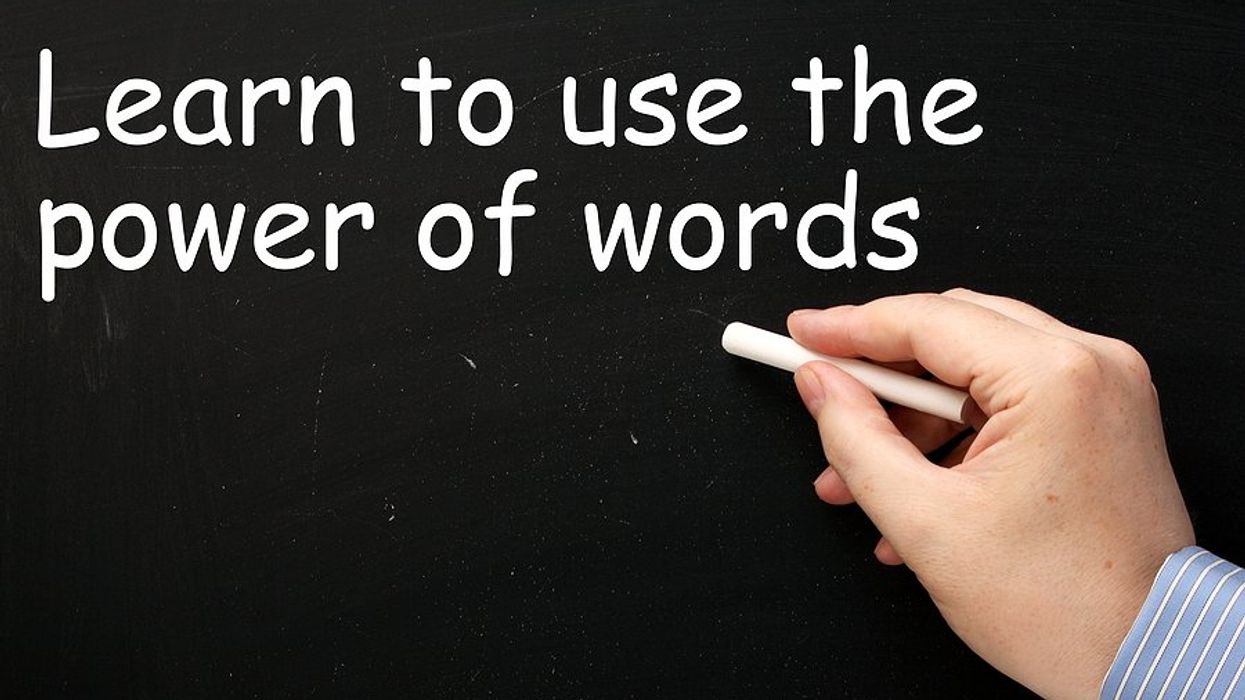
Written communication skills are very important because they’re a fundamental component of effective communication both professionally and personally. Written communication is critical to facilitate understanding and can have a far-reaching impact especially when those writings are shared.
How good do you think your written communication skills are? Do you consider yourself to be a fairly good writer, but can always use a refresher to pick up a couple of new points? For example, did you know that punctuation and grammar conventions can change and evolve over time?
Or are you at the other end of the spectrum (or somewhere in the middle) and sometimes struggle to express yourself clearly in writing? Do others fairly often misunderstand or misinterpret what you’ve written? If so, or if you avoid writing tasks, you may benefit from improving your writing skills.
There are several ways to improve your writing skills, and a few ways are:
1. Utilize tools and reference resources – there are numerous online tools to help supplement and improve your writing such as Grammarly, which checks for grammar, punctuation, spelling, and style errors. Also, books—I especially like The Elements of Style by William Strunk, Jr. and E.B. White!
2. Take a writing class (in person or online) – these types of courses can provide structured instructions on various writing techniques. Your organization’s training team may offer courses. Other options are schools and online platforms like LinkedIn Learning. Depending on the type of writing you want to improve, find a class that aligns with and will meet your needs.
3. Practice writing – set aside time to just write like journaling or creating content. Re-read it aloud to make sure it’s clear and well-organized. Like other things, the more you practice writing, the better you will become.
4. Solicit feedback – seek out feedback from others. For example, if you have an important report to send to your boss, ask a colleague to read it first.
Know Your Audience

Bigstock
There are certain skills that you need to communicate effectively and express your ideas in a clear and concise manner. Organize the information so that it’s logical and easy to follow using proper spelling, grammar, and punctuation.
One of the most important aspects is to know your audience. Are you writing to a friend, customer, colleague, or your boss?
You may have different levels of formality depending on your audience, from an informal writing style if you’re writing in a personal or casual tone (like an email or blog) compared to a formal writing style where a professional tone is used (like an audit report).
There are different writing styles that may be used for specific types of audiences. For example, in advertising/marketing a persuasive writing style may be used to persuade the reader to take a specific action. Or a technical writing style may be used if the content is complex or requires technical terminology or knowledge. Be mindful when using technical jargon or industry-specific acronyms.
Whether you’re creating an email, marketing campaign, user manual, or status report, it can lend itself to different writing styles.
Understanding Your Audience

Bigstock
You may need to customize your message for specific audiences such as the visually impaired. Or maybe you have a more global reach and need different keyboard layouts to switch between different foreign languages. When you understand who your audience is and can take their needs and perspectives into account, your message will more likely be received effectively.
For more information on the importance of written communications, follow me on LinkedIn!

 Bigstock
Bigstock Bigstock
Bigstock Bigstock
Bigstock


